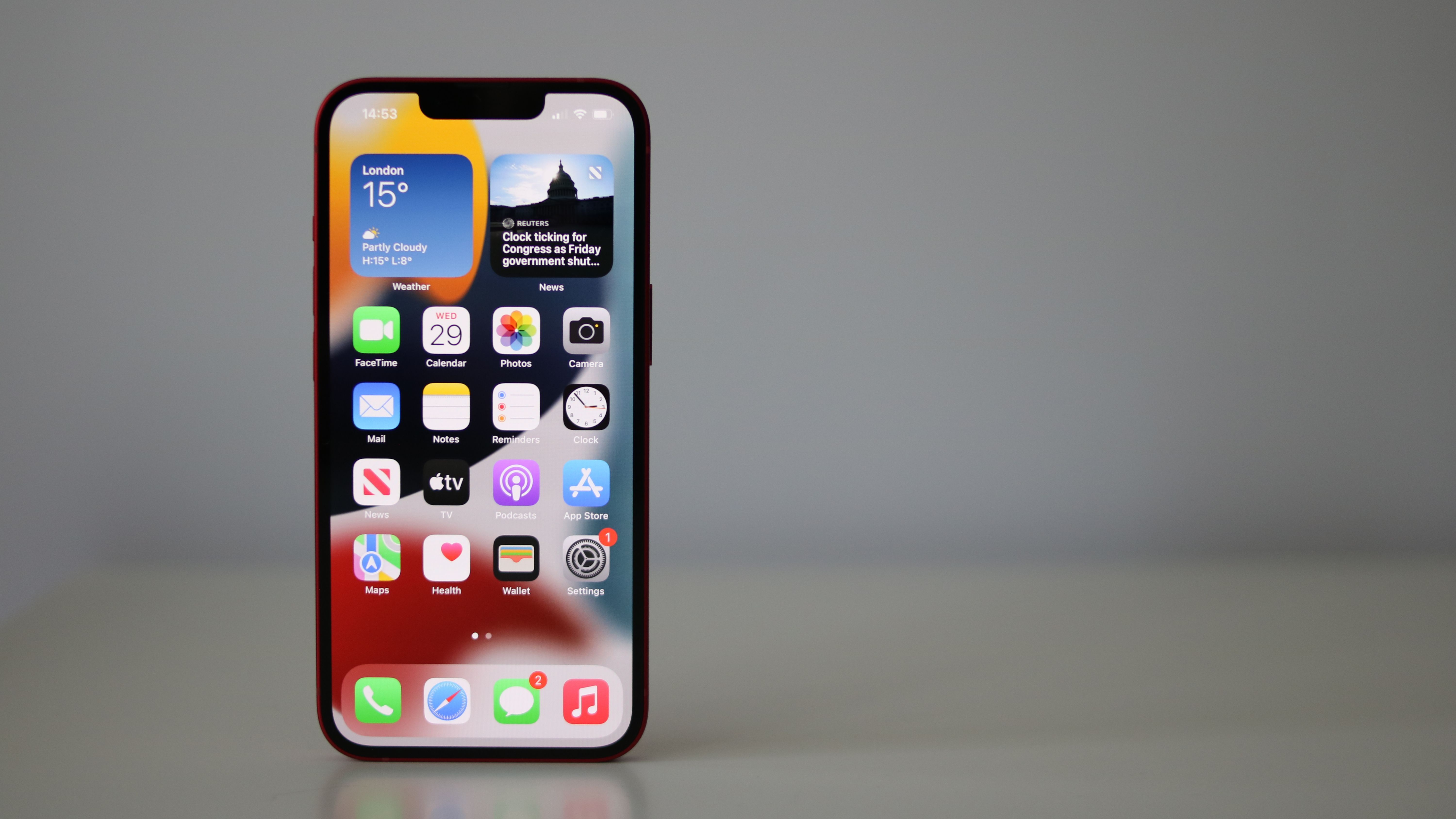Apple releases emergency patch fixing zero-days across iOS and macOS
Flaws have been fixed on iPhones, iPads, and Macs, as well as undisclosed vulnerabilities on Apple TV and Apple Watch devices


Sign up today and you will receive a free copy of our Future Focus 2025 report - the leading guidance on AI, cybersecurity and other IT challenges as per 700+ senior executives
You are now subscribed
Your newsletter sign-up was successful
Apple has released a set of emergency security updates for iPhone, iPad, and Mac following the discovery of two new zero-day vulnerabilities that were actively being exploited.
An anonymous researcher made Apple aware of the security issues, which are tracked as CVE-2022-22674 and CVE-2022-22675 respectively.
The first issue (CVE-2022-22674) only affects Macs, and more specifically the Intel Graphics Driver. Apple said the vulnerability involved an out-of-bounds read issue that could lead to the disclosure of kernel memory.
Apple believes the issue may have been exploited by hackers in the past and has fixed it by improving input validation, it said in an advisory.
Out-of-bounds read flaws typically allow attackers to read sensitive information from other memory locations, or cause a crash on the device.
The second vulnerability (CVE-2022-22675) affects iPhones, iPads, and Macs. A flaw in AppleAVD, an audio/video decoding framework used by Apple devices, allowed for arbitrary code to be executed with kernel privileges. The vulnerability, also believed to have been exploited in the past, was caused by an out-of-bounds write issue that Apple fixed by improving bounds checking.
Similar to out-of-bounds read issues, out-of-bounds write flaws occur when software modifies an index or performs pointer arithmetic that references a memory location outside of the buffer’s boundaries. This can lead to data corruption, a device crash, or, in this case, code execution.
Sign up today and you will receive a free copy of our Future Focus 2025 report - the leading guidance on AI, cybersecurity and other IT challenges as per 700+ senior executives
Apple has released emergency patches for all affected devices on iOS (15.4.1), iPadOS (15.4.1), and macOS (12.3.1). These include iPhone 6 models and newer, all iPad Pro models, iPad Air 2 and newer, iPad 5th generation and newer, iPad mini4 and newer, and iPod Touch 7th generation.
Importantly, the security patch for Macs seems to only be available on macOS Monterey, which means devices will need to be updated to the latest version of the operating system.
Security fixes for Apple TV (tvOS 15.4.1) and Apple Watch (watchOS 8.5.1) were also released in new updates, but Apple has not yet supplied any information for these or assigned CVE tracking codes.
A year full of zero-days
The latest round of emergency patches from Apple addresses the fourth and fifth zero-day vulnerabilities affecting devices in the company’s device ecosystem this year.
An array of security issues, including two zero-days, were patched in January that all involved code execution flaws, some with kernel privileges too, similar to CVE-2022-22675.
Around two weeks later, Apple was forced to issue another emergency patch for a critical WebKit flaw. WebKit is the engine that powers the Safari browser and the code execution flaw also had evidence of previous active exploitation.

Connor Jones has been at the forefront of global cyber security news coverage for the past few years, breaking developments on major stories such as LockBit’s ransomware attack on Royal Mail International, and many others. He has also made sporadic appearances on the ITPro Podcast discussing topics from home desk setups all the way to hacking systems using prosthetic limbs. He has a master’s degree in Magazine Journalism from the University of Sheffield, and has previously written for the likes of Red Bull Esports and UNILAD tech during his career that started in 2015.
-
 AWS CEO Matt Garman isn’t convinced AI spells the end of the software industry
AWS CEO Matt Garman isn’t convinced AI spells the end of the software industryNews Software stocks have taken a beating in recent weeks, but AWS CEO Matt Garman has joined Nvidia's Jensen Huang and Databricks CEO Ali Ghodsi in pouring cold water on the AI-fueled hysteria.
-
 Deepfake business risks are growing
Deepfake business risks are growingIn-depth As the risk of being targeted by deepfakes increases, what should businesses be looking out for?
-
 CVEs are set to top 50,000 this year, marking a record high – here’s how CISOs and security teams can prepare for a looming onslaught
CVEs are set to top 50,000 this year, marking a record high – here’s how CISOs and security teams can prepare for a looming onslaughtNews While the CVE figures might be daunting, they won't all be relevant to your organization
-
 Microsoft patches six zero-days targeting Windows, Word, and more – here’s what you need to know
Microsoft patches six zero-days targeting Windows, Word, and more – here’s what you need to knowNews Patch Tuesday update targets large number of vulnerabilities already being used by attackers
-
 Experts welcome EU-led alternative to MITRE's vulnerability tracking scheme
Experts welcome EU-led alternative to MITRE's vulnerability tracking schemeNews The EU-led framework will reduce reliance on US-based MITRE vulnerability reporting database
-
 Veeam patches Backup & Replication vulnerabilities, urges users to update
Veeam patches Backup & Replication vulnerabilities, urges users to updateNews The vulnerabilities affect Veeam Backup & Replication 13.0.1.180 and all earlier version 13 builds – but not previous versions.
-
 Two Fortinet vulnerabilities are being exploited in the wild – patch now
Two Fortinet vulnerabilities are being exploited in the wild – patch nowNews Arctic Wolf and Rapid7 said security teams should act immediately to mitigate the Fortinet vulnerabilities
-
 Everything you need to know about Google and Apple’s emergency zero-day patches
Everything you need to know about Google and Apple’s emergency zero-day patchesNews A serious zero-day bug was spotted in Chrome systems that impacts Apple users too, forcing both companies to issue emergency patches
-
 Security experts claim the CVE Program isn’t up to scratch anymore — inaccurate scores and lengthy delays mean the system needs updated
Security experts claim the CVE Program isn’t up to scratch anymore — inaccurate scores and lengthy delays mean the system needs updatedNews CVE data is vital in combating emerging threats, yet inaccurate ratings and lengthy wait times are placing enterprises at risk
-
 IBM AIX users urged to patch immediately as researchers sound alarm on critical flaws
IBM AIX users urged to patch immediately as researchers sound alarm on critical flawsNews Network administrators should patch the four IBM AIX flaws as soon as possible